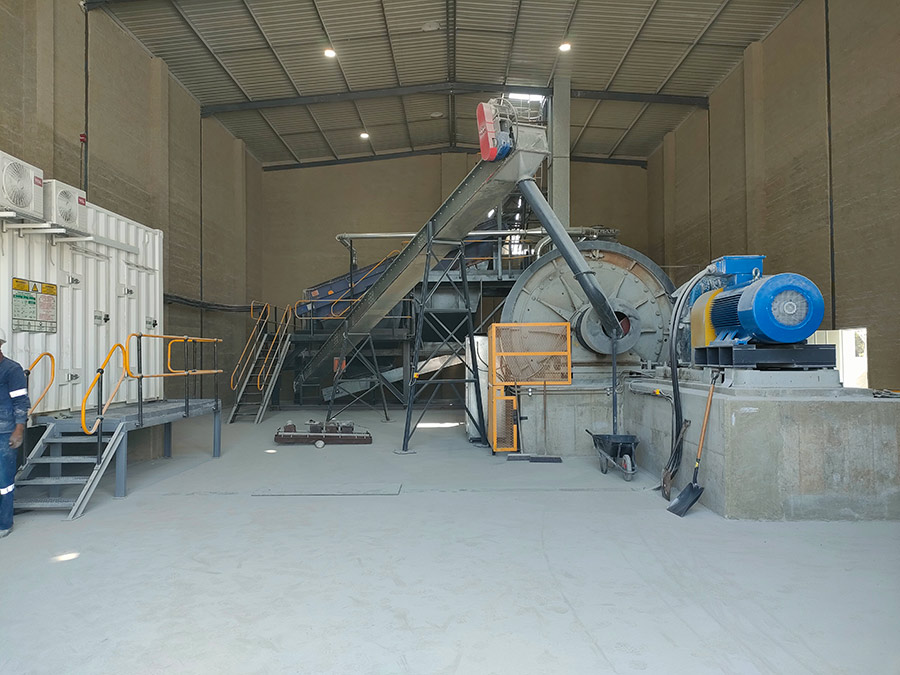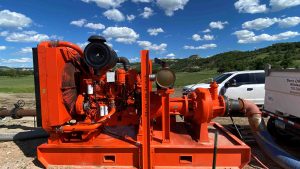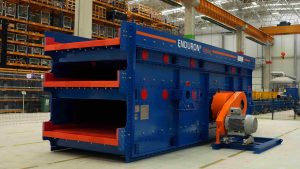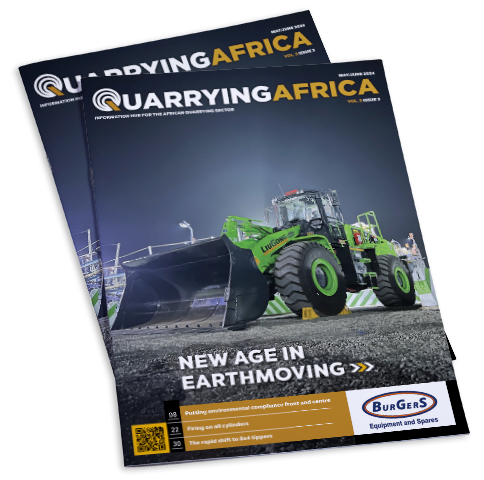For years, diversification has been the operating mantra at Afrimat and remains central to the company’s continued success. Behind the successful diversification is a solid business development team with a sharp eye for new opportunities.
Joanne Giles, New Business Development at Afrimat, explains that the company’s business development team not only focuses on acquisitions, but also on opportunities to expand the product offering from existing operations and to diversify into new markets. Central to this approach is the quest to maximise best value from the resource and create new revenue streams.
A case in point is the new beneficiation project at the Gauteng-based Glen Douglas operation. Here, Afrimat has invested in a new ball mill plant to allow it to initially expand its agricultural lime (aglime) production and eventually spread its wings more widely into the chemical, asphalt and tile markets. When we visited the site, the first phase of the project, which is focused on the production of aglime, was being commissioned.
“The key driver for this project is to increase Glen Douglas’ product offering and reduce our dependence on the traditional construction materials and metallurgical markets which form the base of our revenue from this operation,” explains Giles.
An opportunity to serve two key markets was identified. Firstly, it was the opportunity to increase aglime production to better serve the high demand. Secondly, an opportunity to produce milled dolomitic product for use by a potential customer in the chemical industry was investigated.
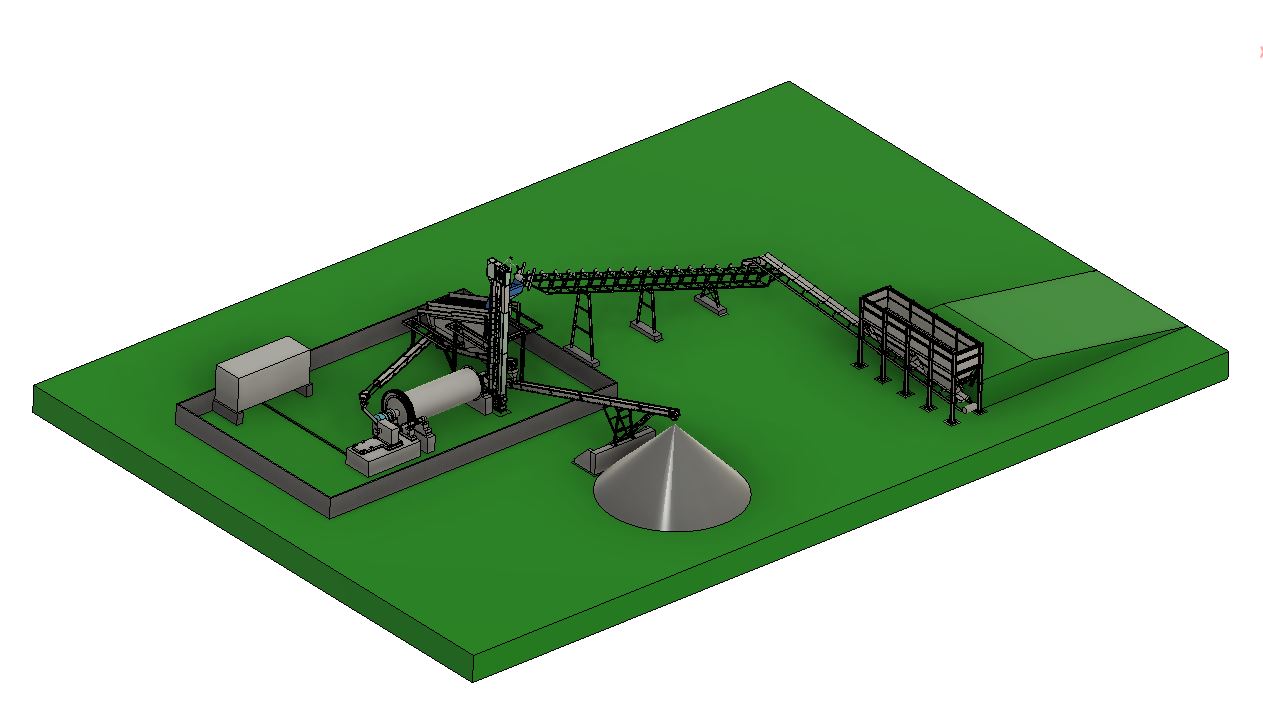
First phase
The first phase of the project has been completed and will allow Afrimat to produce 50 tonnes per hour (tph) of aglime. While this product is not new to the operation, project engineer Stephan de Villiers explains that the new plant offers the capability of producing aglime in larger quantities.
Traditionally, production of aglime at Glen Douglas entailed the reclamation of fines from the sludge ponds. Given that all products from the main plant at this operation are washed, a huge concentration of fines therefore exists in the ponds. The Afrimat team would reclaim the fine material from the ponds, leave it to dry and then screen it to the required material size.
Using this method proved to be a challenge, mainly due to the time required to dry the product. Given the high demand for aglime, a business case study justified investment in a ball mill plant. A used ball mill was sourced, as well as some second-hand equipment which was refurbished in-house. Some of the required machinery was also reclaimed from some of Afrimat’s old plants.
“Because of the fine nature of aglime, which is about -1,75 mm in size, a ball mill was required to mill the product to the required size. It is difficult to produce fine material of this nature using conventional crushing methods. The ball mill gives us the ability to grind more finely,” explains De Villiers.
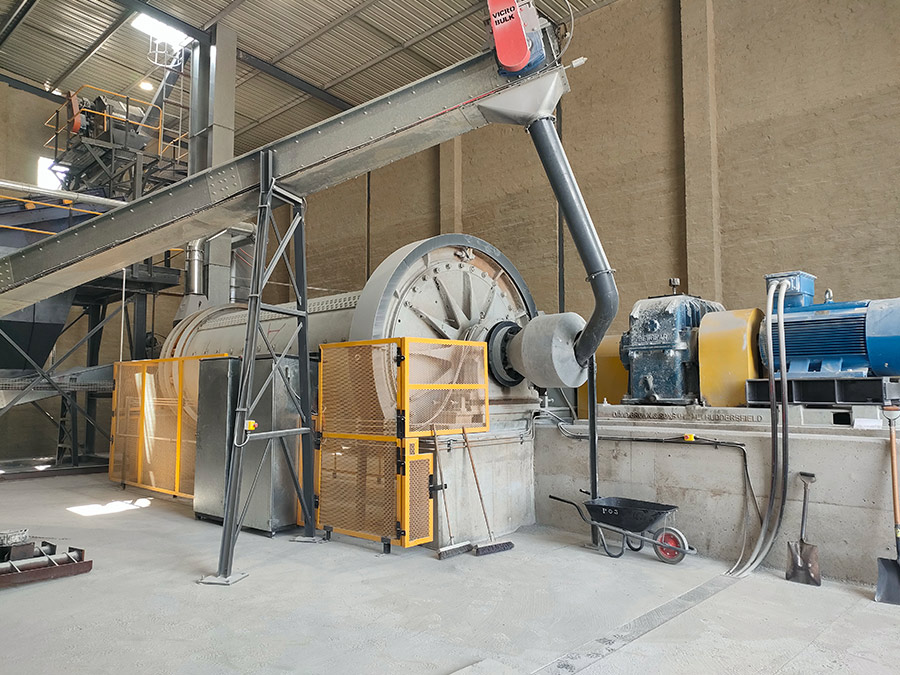
The process
When we visited the site, the first phase of the plant was in commissioning phase, with the plant already producing 25 tph. Material from the feed bin is fed into the plant via an incline conveyor. The material then goes over a Mac’s Engineering-built high frequency screen.
“Here, we first screen out material that is already in spec (-1,75 mm), which is directly conveyed to the final stockpile. The coarse material (anything over -1,75 mm) goes through a scraper chain conveyor before it is fed into the ball mill, where it is milled to the required fine size,” explains De Villiers.
Material from the ball mill is then picked up by an elevator, which feeds it onto the high frequency screen again to ensure that there are no larger particles reporting to the final stockpile. From here, material is channelled to the final stockpile using two chain conveyors. Given the extra fine nature of the product, an extraction system is installed to reduce dust emission.
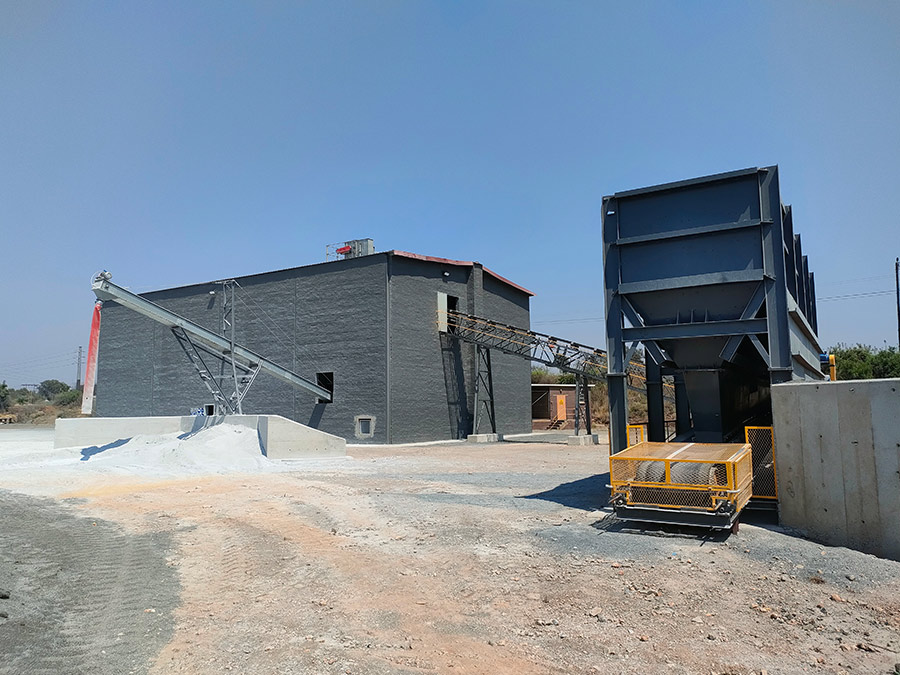
Second phase
The second phase of the project will focus on the production of a milled dolomitic product for use by a potential customer in the chemical industry. Additional market avenues suitable for this product were identified in asphalt production and the tile adhesive market. To produce this material to the required micron sizes (less than 750 microns), another ball mill will be installed.
“We have already sourced a second ball mill for the second phase of this beneficiation project,” explains De Villiers. “For this phase, we will also need some specialised air classification equipment to classify the material instead of using the screening process,” explains De Villiers.
At the time of writing, De Villiers expected the second phase to commence once the first phase had been ramped up to nameplate capacity. “We could, however, make the micron size material using the first phase setup, but it would require some extra equipment,” he says.
In conclusion, Giles says having a ball mill on site has opened the door for additional products not previously considered. “This concept can be extended to other products and operations within the Afrimat stable. It is the first phase of the Afrimat beneficiation hub which is envisaged to provide continued growth and expansion beyond traditional dolomitic products,” concludes Giles.
